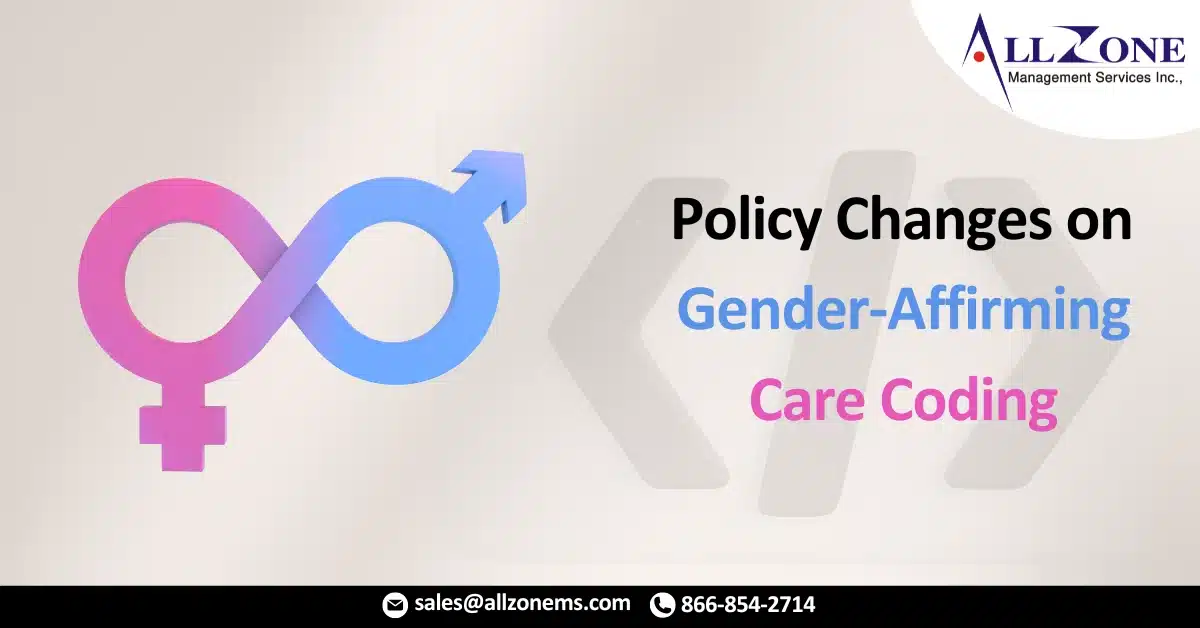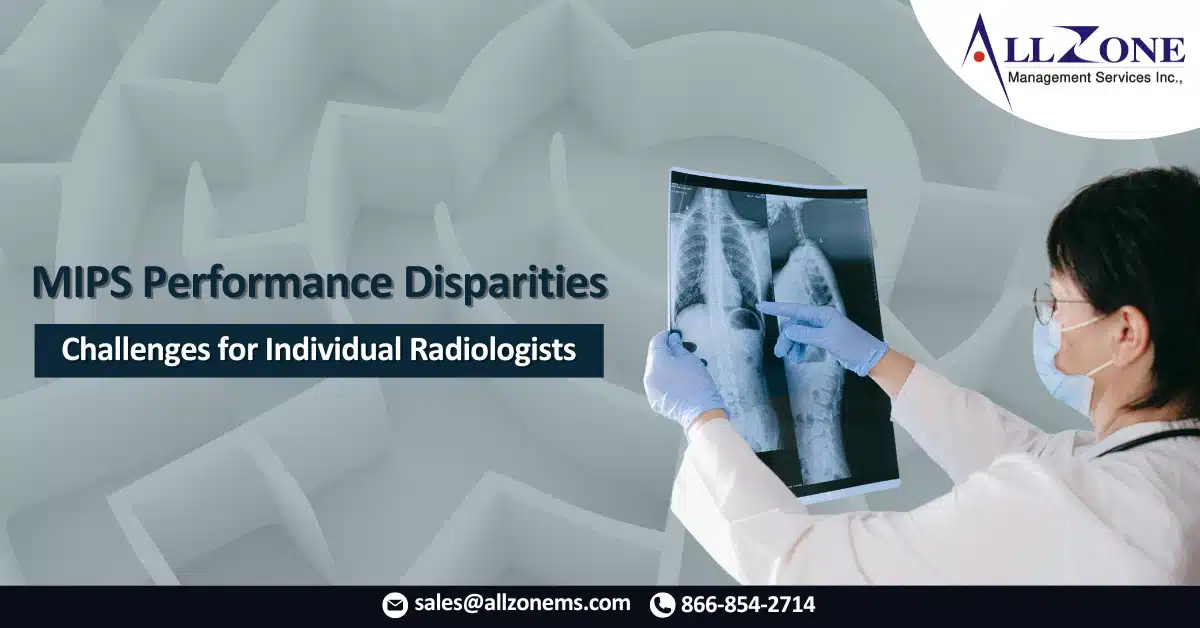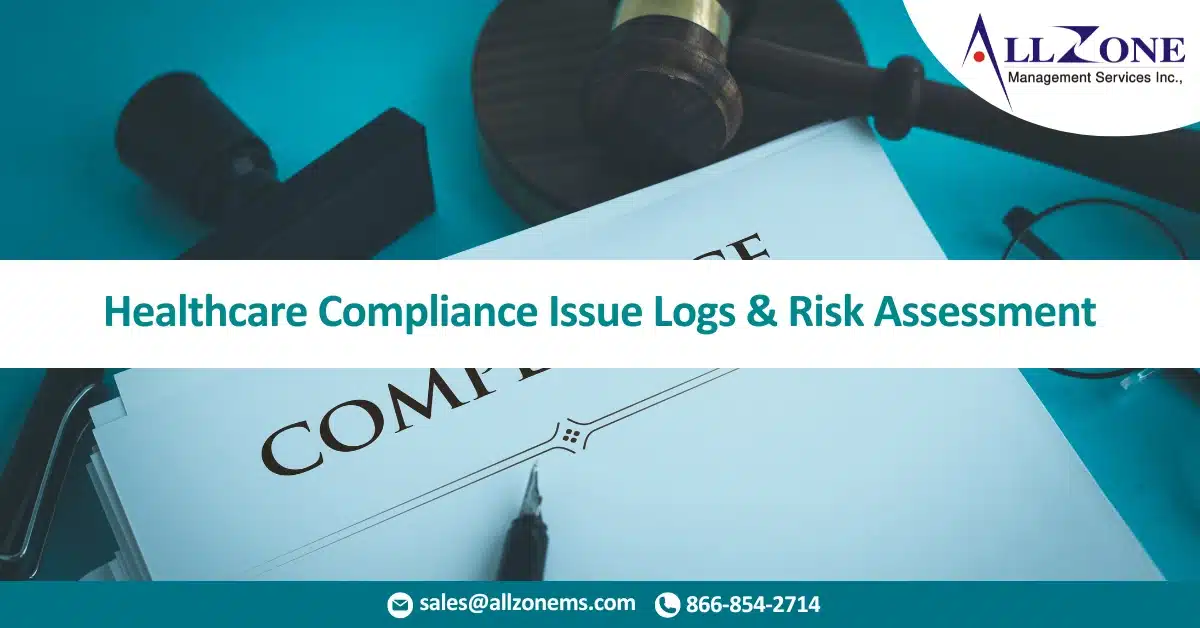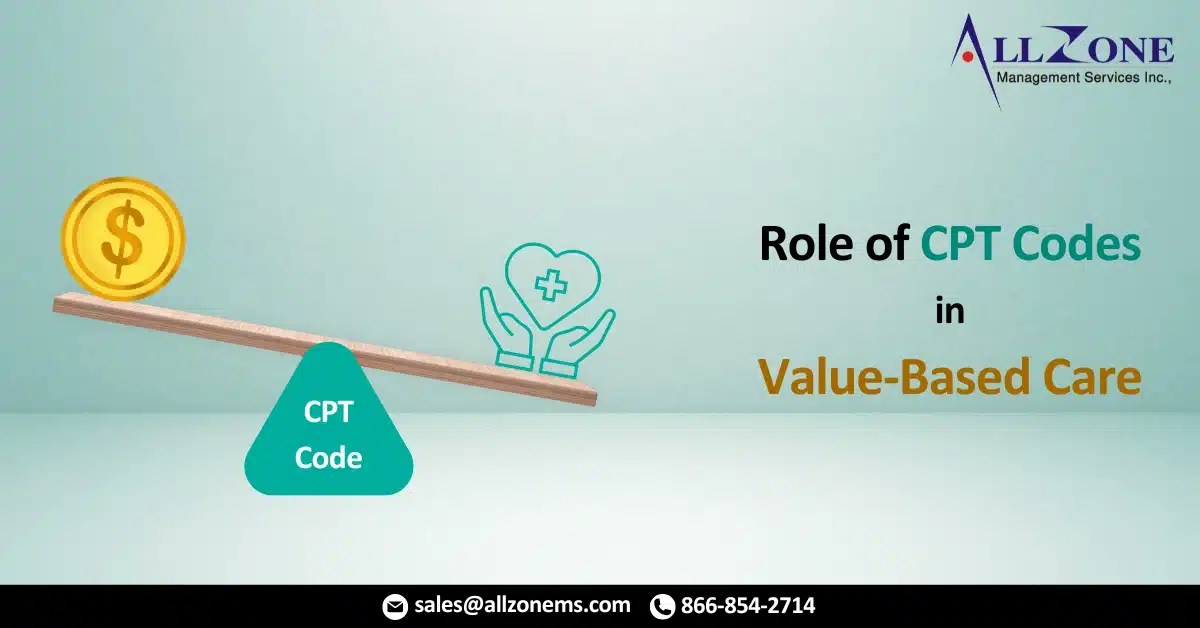A groundbreaking study from Harvard Medical School has revealed that an Open-Source AI Medical Diagnostics model performed on par with GPT-4—one of the leading proprietary AI models—in diagnosing complex medical cases. Published in JAMA Health Forum, the findings suggest that physicians may soon have more options for integrating AI into clinical decision-making while maintaining greater […]
The CMS Rule 0057 mandates that health plans develop and support FHIR-based APIs to facilitate FHIR-Based ePA. Whether this investment merely ensures compliance or unlocks broader benefits such as improved provider experience, enhanced efficiency, and streamlined operations depends on strategic planning and collaboration rather than cost alone To assist health plans in addressing these critical […]
The landscape of healthcare policy in the United States has recently been shaken by an executive order issued by the U.S. President, introducing significant potential shifts, particularly concerning Gender-Affirming Care Coding. This has ignited widespread concerns about insurance coverage, general medical coding practices, and compliance obligations for hospitals and healthcare facilities nationwide. On January 28th, […]
Physicians have expressed strong opposition to the newly proposed federal spending plan, which fails to address a crucial issue: the 2.83% reduction in Medicare Physician Fee Schedule reimbursement for 2025, representing significant Medicare Physician Reimbursement Cuts. While the House of Representatives Appropriations Committee introduced the bill on March 8, with an anticipated floor vote this […]
A recent study published in the Journal of the American College of Radiology reveals stark MIPS performance disparities, with individual radiologists facing significant disadvantages compared to those participating in group reporting or Advanced Payment Models (APMs) within the Centers for Medicare & Medicaid Services (CMS) Merit-Based Incentive Payment System (MIPS). The research, analyzing data from […]
Imagine the chilling realization that a review of a mere 100 patient claims could trigger a demand for multimillion-dollar repayments from your healthcare organization. This is not a hypothetical scenario; it’s a stark reality faced by healthcare providers nationwide, driven by the potent auditing technique known as statistical extrapolation in healthcare audits. While the underlying […]
Troubleshooting and insurance: These are the dual purposes of maintaining a detailed Healthcare Compliance Issue Logs, according to a senior compliance executive. Speaking at AAPC’s HEALTHCON Regional, the senior compliance executive highlighted the Office of Inspector General’s (OIG) new voluntary compliance guidance, emphasizing its importance even for organizations already familiar with the seven elements of […]
Claim denials are a significant headache for healthcare providers, impacting revenue and administrative efficiency. While denials can stem from various issues, a large majority are rooted in documentation errors, particularly those related to demonstrating medical necessity. Defining Medical Necessity: The American Medical Association (AMA) defines medical necessity as healthcare services or products provided to a […]
The volume of clinical validation denials is increasing, yet clinical validation queries have not kept pace. One key reason for this discrepancy is the complexity involved in constructing clinical validation queries, which require precise and thorough documentation to ensure accurate coding and reimbursement The Unique Challenges of Clinical Validation Queries Unlike traditional queries that request […]
Value-based care is revolutionizing healthcare delivery, shifting the focus from volume to value. But what exactly does that mean, and how do seemingly technical elements like CPT Codes in Value-Based Care fit into the picture? This blog post dives deep into the world of value-based care, exploring its core components and highlighting the crucial role […]










